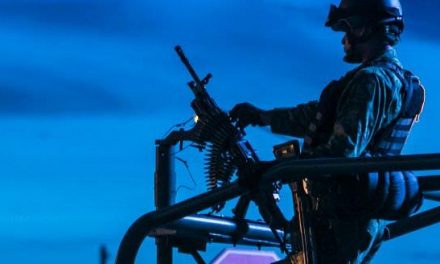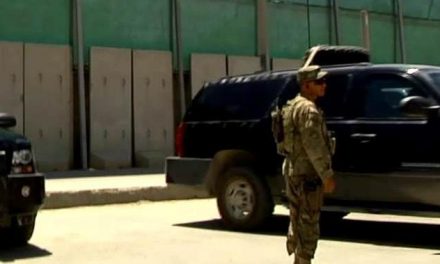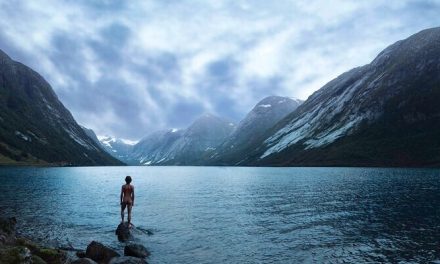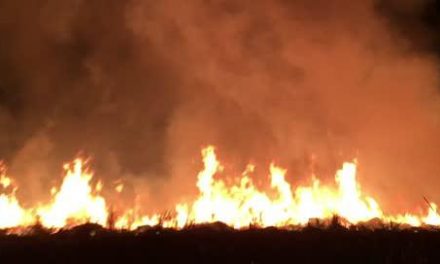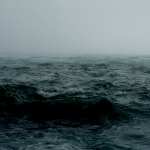Going down our checklist, we had managed to destabilize the cartel’s transportation operations, shake their control over the public airwaves, take some serious bites out of their security, and managed to do an uncountable amount of damage to their productivity over the course of a few weeks. The rebels smelled the blood in the water, and were pressing on us to finish the job – taking down the cartel’s senior leadership once and for all.
I’ve said it before and I’ll keep saying it well into the future, but I’m not paid to give a crap about the particulars of whatever local or regional conflict I find myself paid to handle. I take the side that my bosses tell me to, and I do my job to make sure they come out on top. Sometimes I’m given very strict instructions about how to do my job, other times there’s too much groundwork for the brass back home to take care of before our insertion, so they had more of a “you figure it out, we’ll chastise you later” approach on this one. Gaz and I spent some time after supper yesterday, sitting on the corrugated tin roof of the shack that served as a local rebel outpost, looking out over the natural beauty of Valley de la Luna. I’m no poet, but I have to say, that was some serene-looking landscape, from afar.
We’d been admonished before about taking out “excessive amounts” of product in our recent excursions, mainly because the rebel leadership wanted to sell the drugs to fund their own little war against the cartel. For most of this trip, job, whatever, we’d spent it either actively trading gunfire with cartel forces or among the people, the regular day-in and day-out people of Bolivia. Their lives weren’t fantastic, not that mine is a Hallmark greeting card either, but we could see the toll that the constant drug war had taken on the ordinary men and women of the land. Realistically it didn’t matter to them who was at the top, so long as they were safe and their family happy. Conflict and regime overthrows were a great way for these people to be hurt, and in this are there was no greater source of conflict than the drugs themselves. Long before we got here, countries had fought over it.
That night Gaz and I decided that a few finger-wags and the docking of pay would be worth doing what felt good. Not that we were going to stray outside our mission parameters, but if a few thousand kilos of cocaine went up in flames while we were taking out targets, I suppose that’s just the cost of doing business. At least we could hope that what little we did today would have a good result down the road.
I know, I’ve talked about getting soft and emotional and actually caring. Ultimately I’m not a fan of either the cartel or the rebels, and if there’s something I can do to at least sleep a bit better at night, then I suppose it’s worth it. After all, I can justify it, the goal here is to help the people, right?
Tomorrow we go after their production houses, working on capturing the cartel’s head chemist and coca farmers. We’ll see how that goes and whether or not some fields go up in flames from “collateral damage.”


